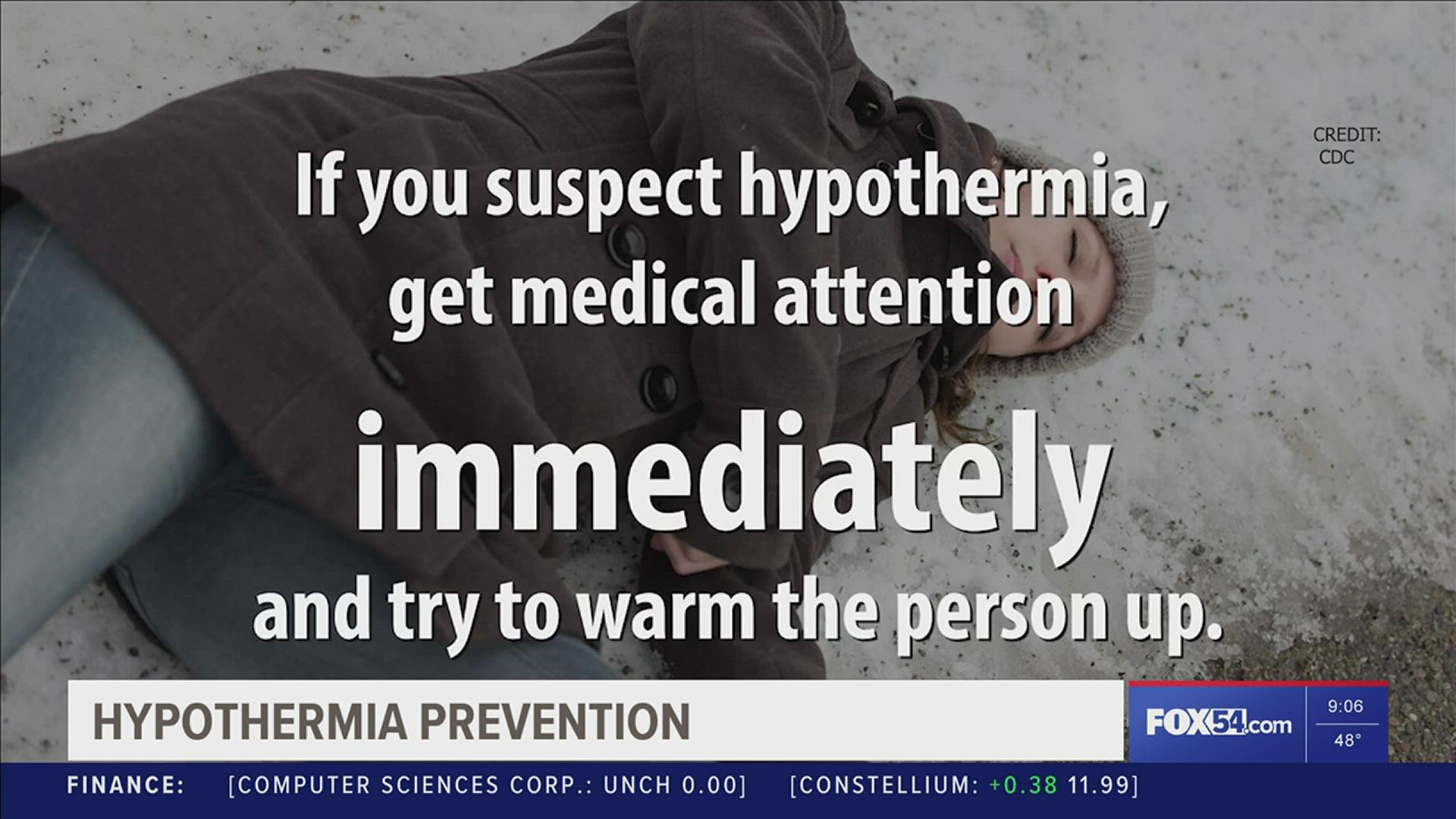HUNTSVILLE, Ala — Experts caution that when exposed to cold, our bodies begin to lose heat faster than it can be produced. This results in abnormally low body temperature called hypothermia. Our reporter Jasamine Byrd has more on the severity of this medical condition.
UAB Department of Emergency Medicine Professor and Director of Office of Wilderness Medicine, Dr. Walter Schrading, says, " In urban centers, the primary population of persons who are at risk are people without access to shelter."
Hypothermia is simply a drop in your core body temperature below ninety-five degrees.
"Which is about 95, 94 degrees, something like that Fahrenheit. So, your normal body temperature is 98.6. If your core body temperature goes below 95, 94 or so, then you probably are experiencing mild hypothermia," said Schrading.
The severity of hypothermia varies depending on how low your core temperature drops, and some common signs you need to know include, "You know, you're shivering, your cold, you're still awake, you're talking, you're alert, you're conscious. As hypothermia advances, as your core body temperature continues to drop, everything starts to slow down, your heart slows down your breathing slows down, your mental capacity's slow down. And eventually you get to the point where actually your heart can stop beating because it's your body temperature so cool," added Schrading.
However, in some ways hypothermia is actually protective, " and that there are cases of very prolonged resuscitations of people whose core body temperatures have dropped into the 60s, 70s, that's 60 Fahrenheit, who have been resuscitated from essentially cardiac arrest," said Schrading.
The best ways we can protect ourselves include adaptive protection "make a fire, get inside. You have shelter and have warmth and insulating clothing," said Schrading.

